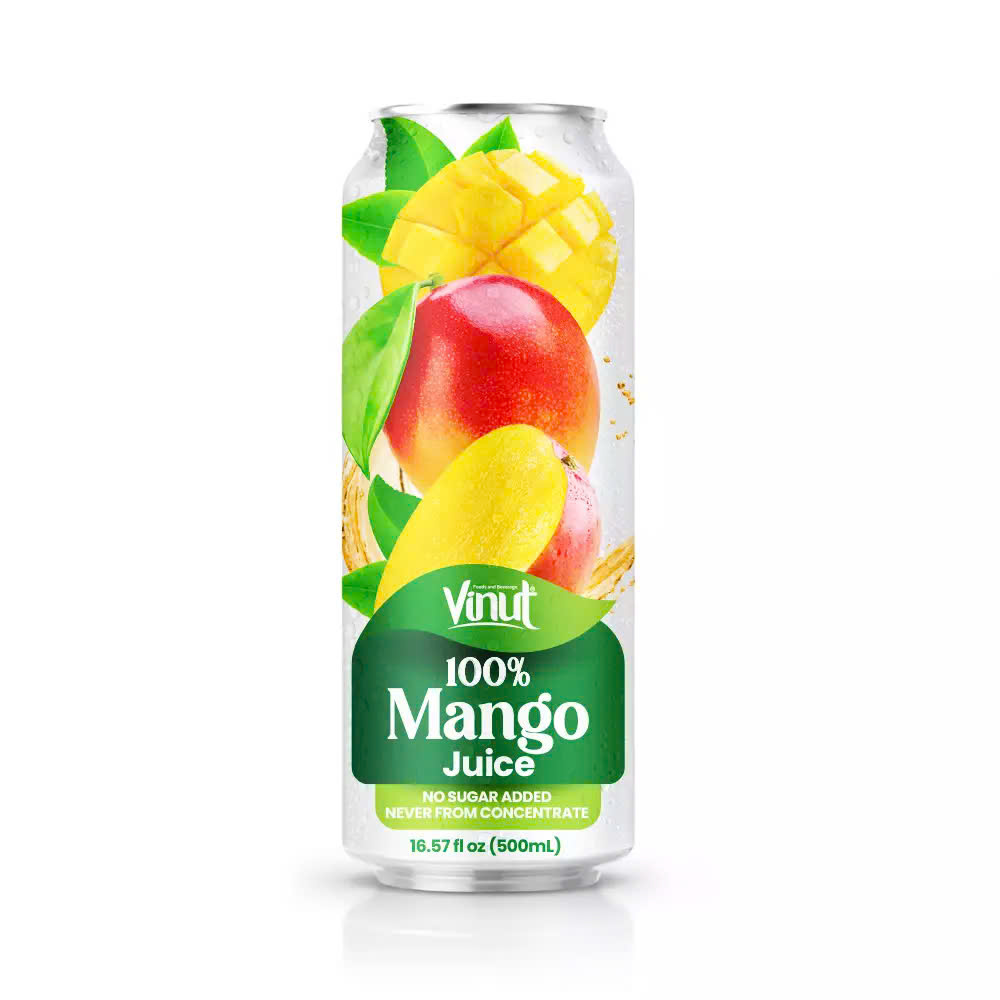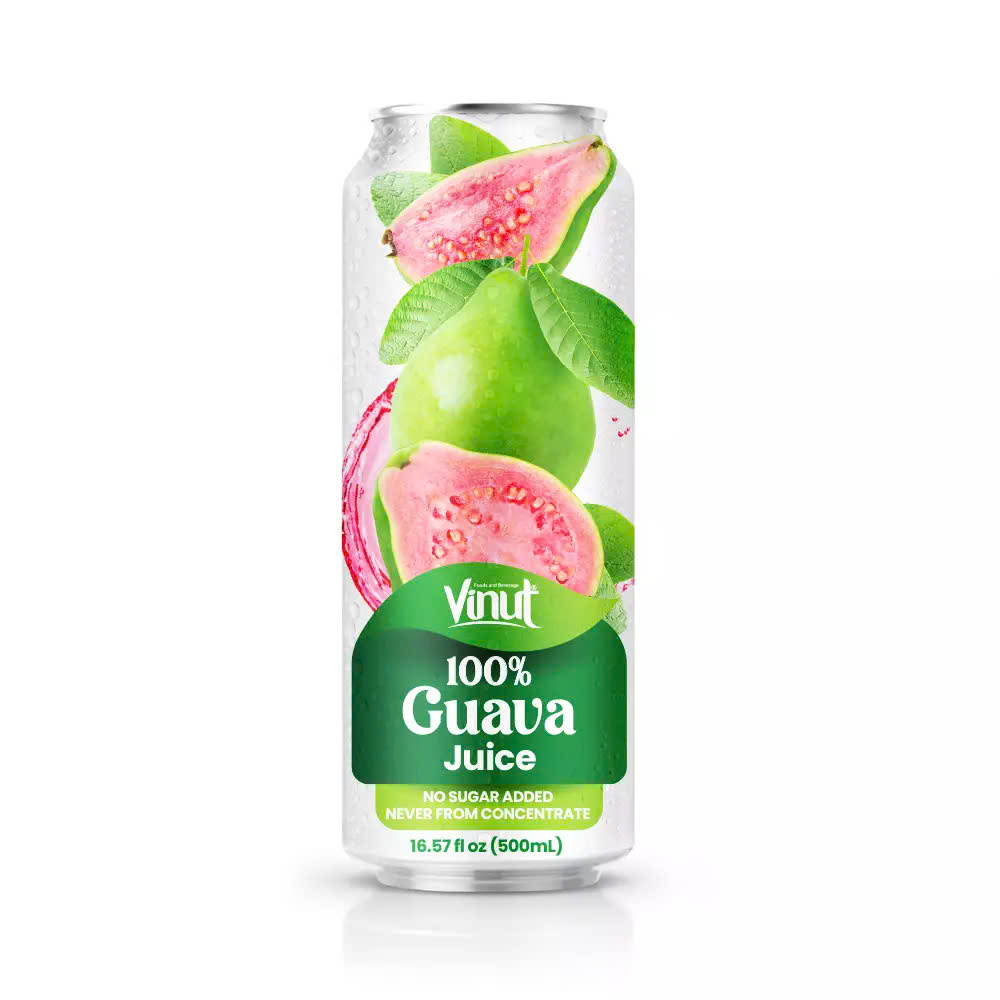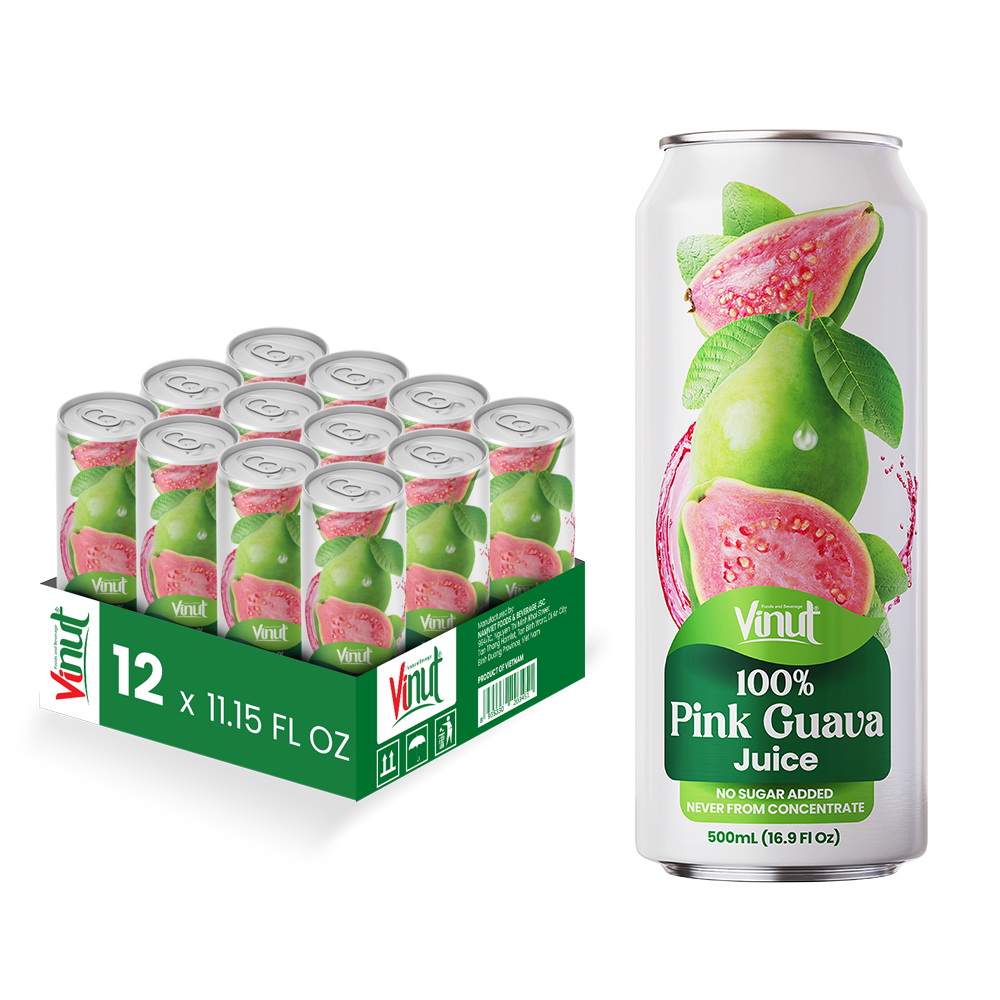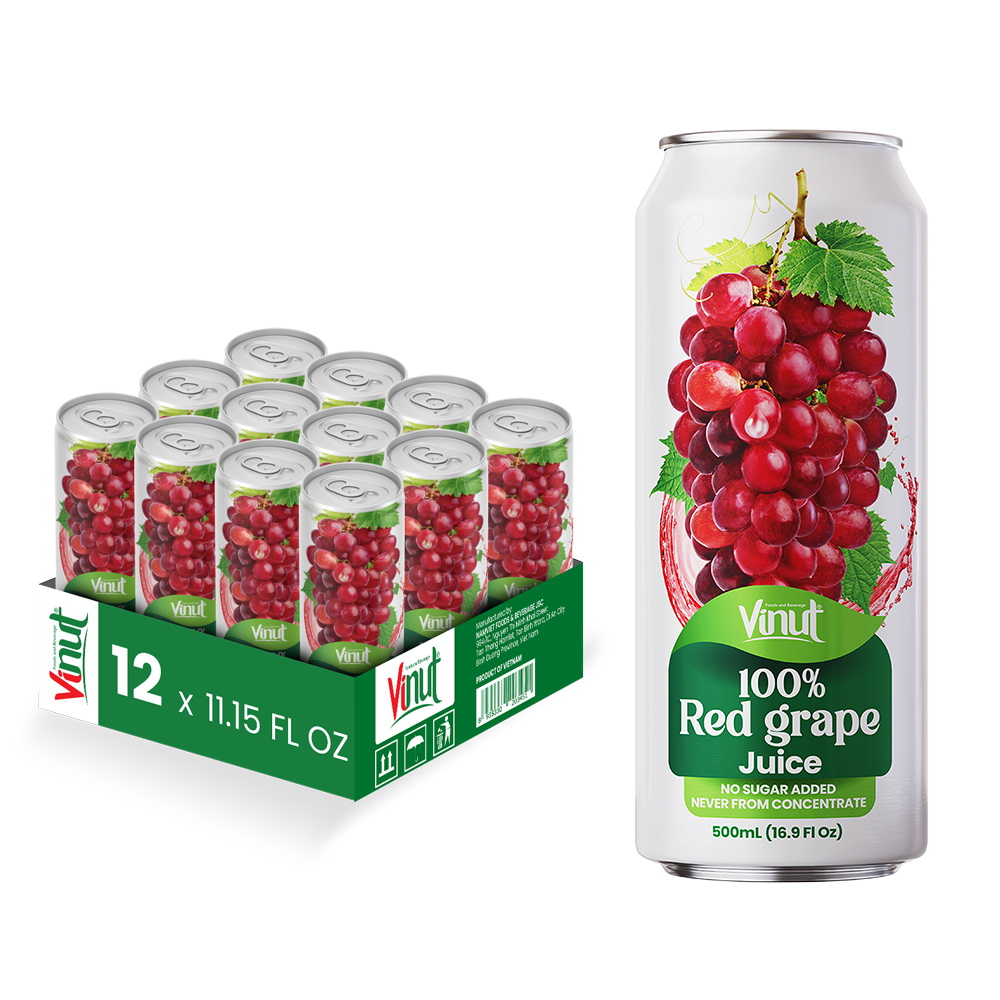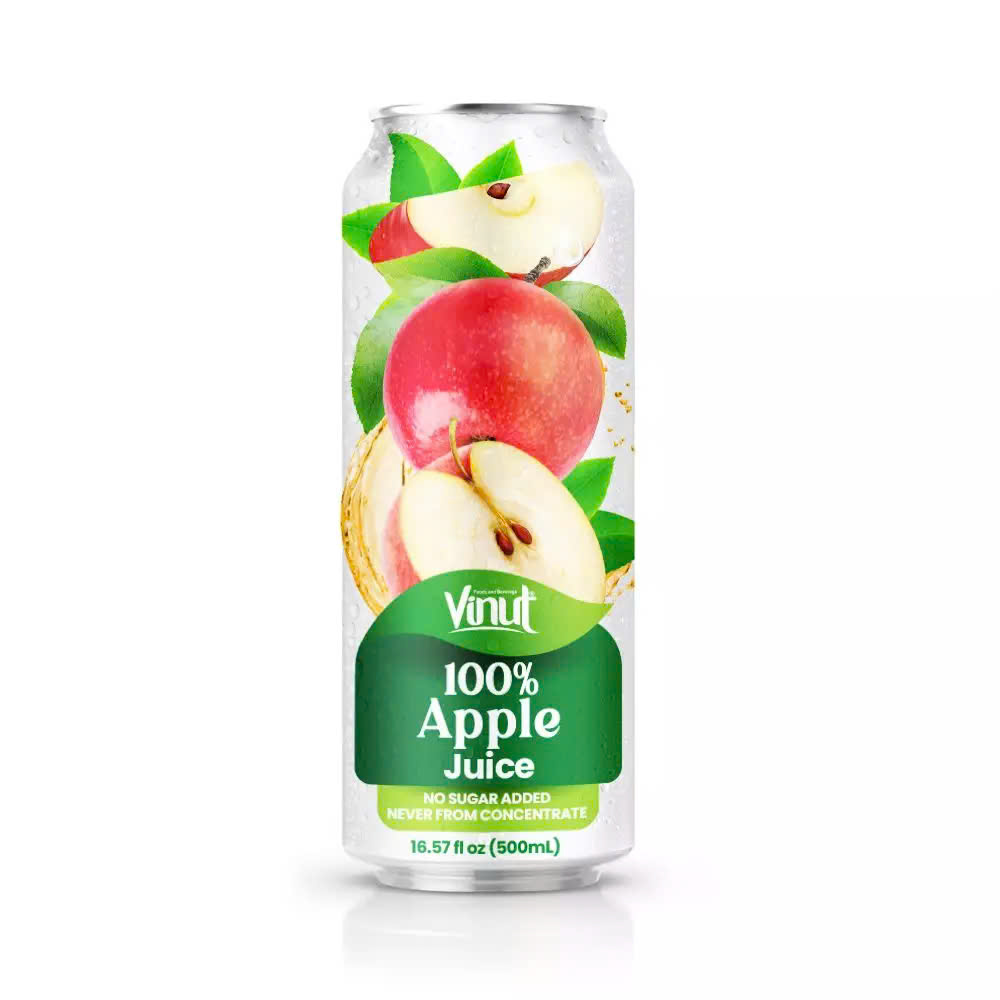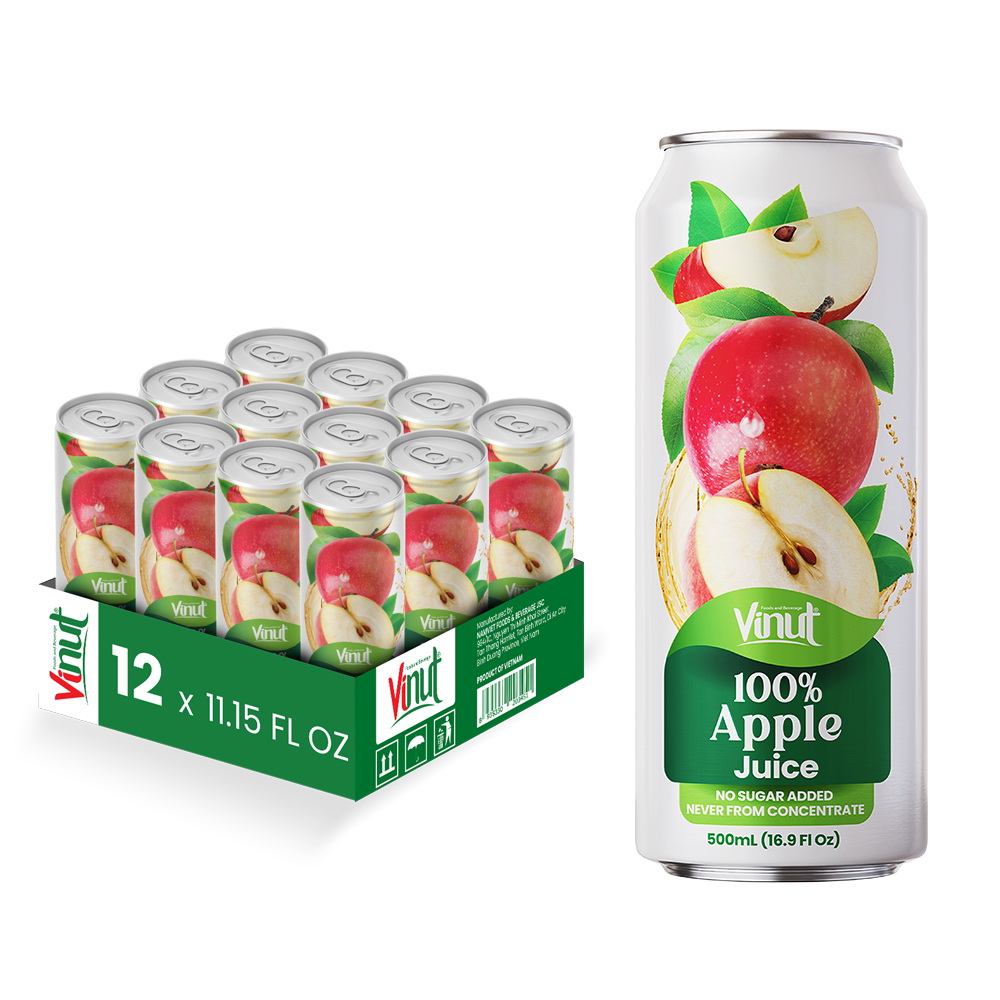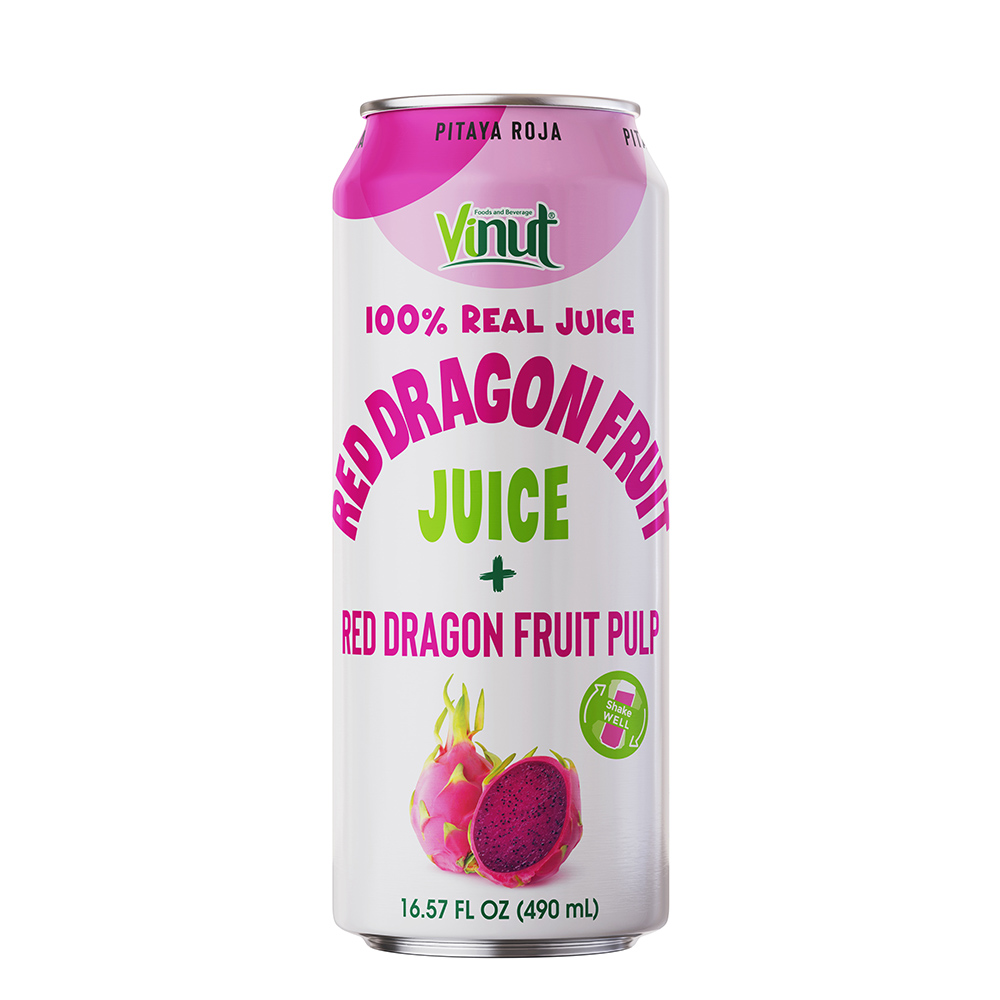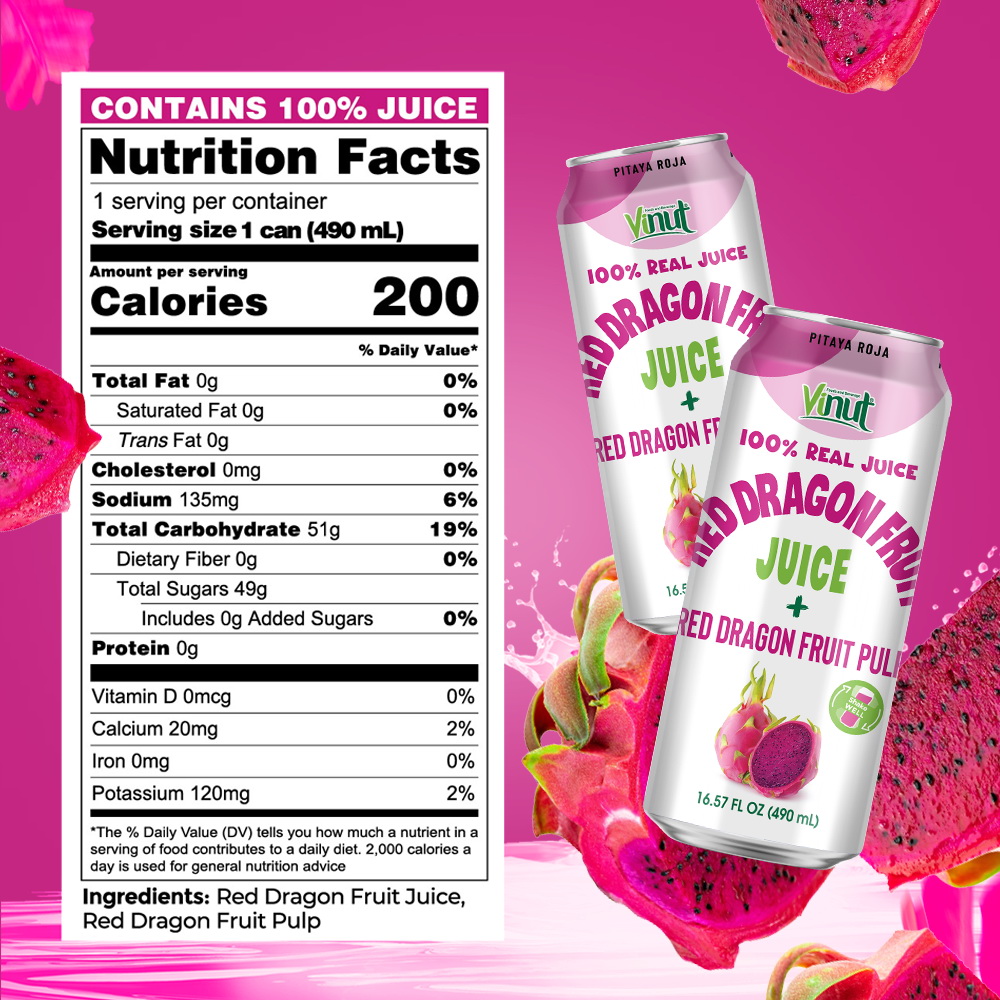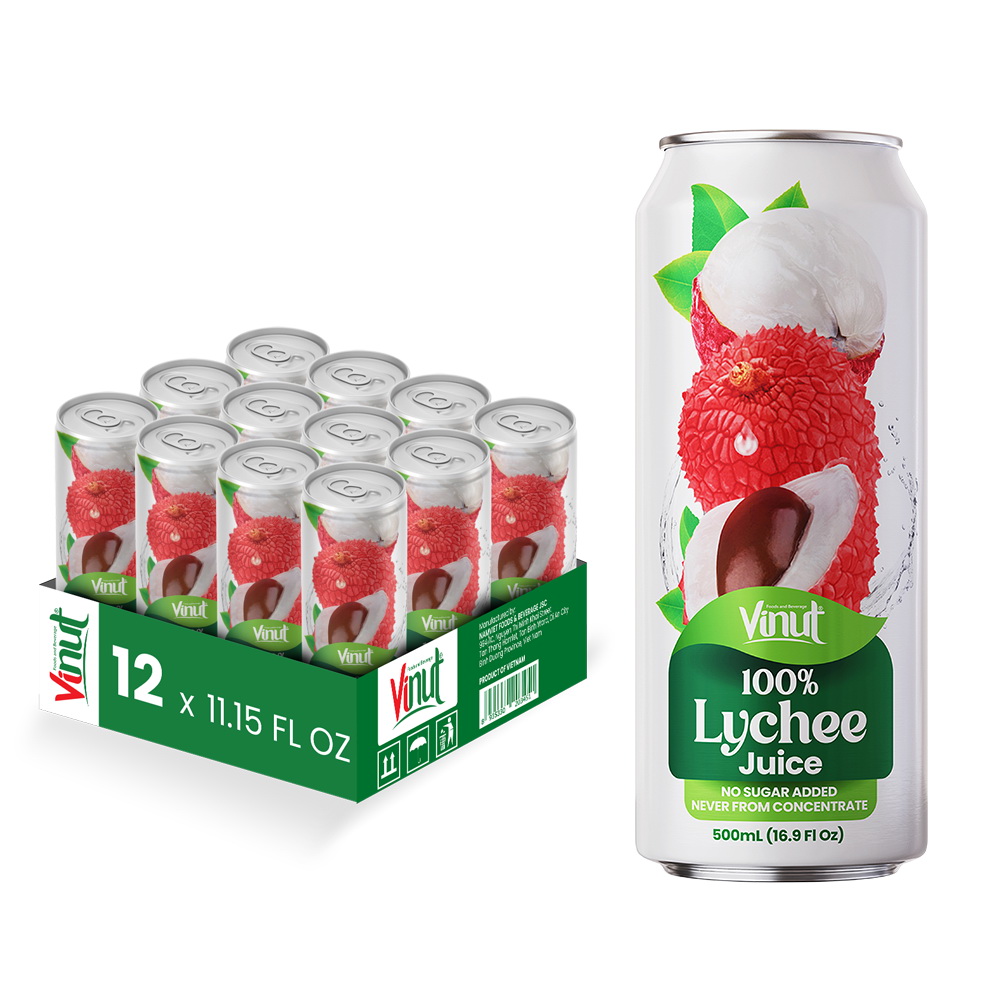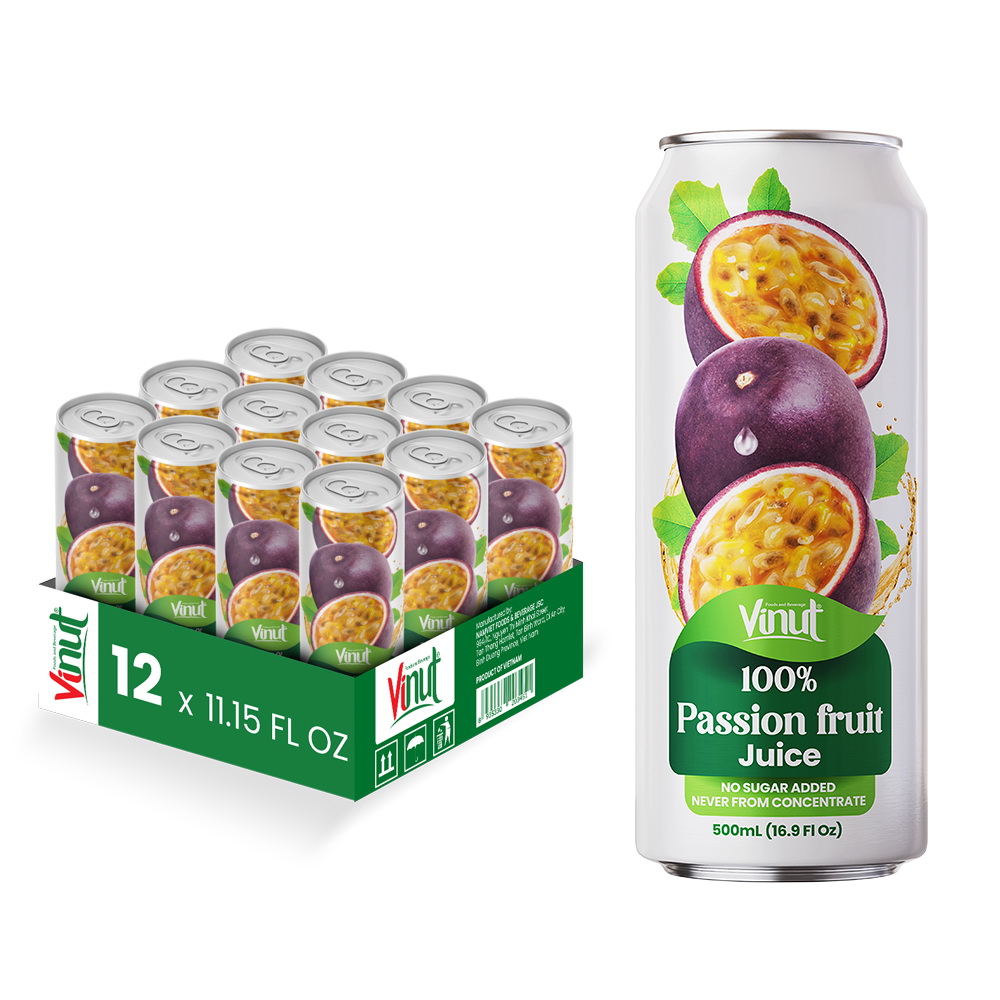
BLOG
Should You Drink Juice Instead of Breakfast?

In today’s fast-paced world, many are seeking quick and convenient options for their morning routines. One popular alternative to traditional breakfasts is drinking juice. But is swapping your morning meal for a glass of juice a wise choice? In this comprehensive article, we’ll explore the benefits and drawbacks of drinking juice instead of eating breakfast, considering aspects such as nutrition, satiety, and overall health.
1. The Role of Breakfast in Your Daily Diet

Before diving into the specifics of juice consumption, it’s crucial to understand the role of breakfast in a balanced diet. Breakfast is often referred to as the most important meal of the day, as it provides essential nutrients and energy after a night of fasting. A nutritious breakfast can kick-start your metabolism, improve concentration and cognitive function, and help regulate blood sugar levels.
A typical balanced breakfast includes a mix of proteins, healthy fats, and complex carbohydrates. Foods such as eggs, whole-grain toast, fruits, and yogurt are common choices. These foods not only provide energy but also keep you feeling full until your next meal.
2. Nutritional Content of Juices
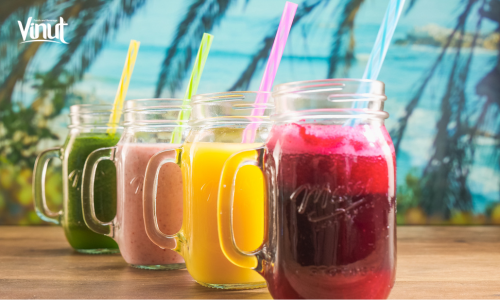
Juices are a popular choice for those looking to quickly consume a variety of vitamins and minerals. However, the nutritional value of juice can vary significantly depending on the type and brand. Here’s a breakdown of what you might find in different juices:
Fruit Juices: Most fruit juices, like orange or apple juice, are rich in vitamins, especially vitamin C. They also provide natural sugars, which can offer a quick energy boost. However, many fruit juices are high in sugar and calories and lack the fiber found in whole fruits.
Vegetable Juices: These juices, such as carrot or beet juice, are often lower in sugar and can be high in vitamins A and K, as well as antioxidants. They can provide a nutrient-dense option, but they may lack the protein and fat content that contributes to satiety.
Green Juices: Made from leafy greens and sometimes combined with fruits and vegetables, green juices are packed with vitamins, minerals, and antioxidants. They can be a good source of nutrients but may still be low in calories and protein.
3. Benefits of Drinking Juice for Breakfast

1. Convenience
Juice is quick to prepare and easy to consume on the go, making it a convenient option for busy mornings. For those with a hectic schedule, a glass of juice can be a practical alternative when there isn’t time for a full breakfast.
2. High Nutrient Density
Certain juices, especially those made from vegetables and leafy greens, can be packed with essential vitamins and minerals. Drinking juice can help increase your intake of nutrients, which is beneficial if you struggle to consume enough fruits and vegetables throughout the day.
3. Hydration
Many juices have high water content, which can contribute to your daily fluid intake. Staying hydrated is crucial for maintaining overall health, and starting your day with juice can help you meet your hydration needs.
4. Easy Digestion
Juices are easy to digest and can be a gentle way to start the day for those with sensitive stomachs or digestive issues. They don’t require much digestion compared to solid foods and can be absorbed quickly by the body.
4. Drawbacks of Replacing Breakfast with Juice

1. Lack of Protein and Fiber
One of the significant drawbacks of relying solely on juice for breakfast is the lack of protein and fiber. These components are essential for satiety and energy. Without protein and fiber, you may find yourself feeling hungry sooner, which could lead to overeating later in the day.
2. High Sugar Content
Many fruit juices contain high amounts of natural sugars, which can lead to a rapid spike in blood sugar levels. Consuming too much sugar can contribute to weight gain, increased risk of diabetes, and dental issues. Even if juice is labeled as “100% fruit,” it still contains sugars that can impact your health.
3. Nutrient Imbalance
While juices can provide a variety of vitamins and minerals, they often lack a balance of other essential nutrients found in a traditional breakfast. A meal that includes whole foods provides a broader spectrum of nutrients, including healthy fats and proteins, which are important for overall health and wellness.
4. Potential for Weight Gain
Drinking juice can sometimes lead to weight gain if not consumed in moderation. Juice can be calorie-dense and may not provide the same feeling of fullness as solid foods. This could lead to increased calorie intake throughout the day.
5. Balancing Juice with a Healthy Breakfast

If you enjoy juice and want to incorporate it into your morning routine, consider balancing it with other nutritious foods. Here are some ideas:
1. Pair Juice with Protein-Rich Foods
Combine your juice with protein-rich options such as Greek yogurt, eggs, or a handful of nuts. This can help ensure that you get a balanced intake of nutrients and stay full longer.
2. Choose Juice with Low Sugar Content
Opt for vegetable-based juices or those with no added sugars. You can also dilute fruit juices with water to reduce sugar content and calorie intake.
3. Incorporate Fiber
Add fiber to your breakfast by including whole grains, nuts, or seeds. This can help improve satiety and balance your meal.
4. Watch Portion Sizes
Limit the amount of juice you consume to avoid excess calories and sugar. A small glass of juice can be a refreshing addition to your breakfast without being the sole component of your meal.
Conclusion
While drinking juice instead of eating a traditional breakfast can be convenient and offer some nutritional benefits, it’s important to consider the overall balance of your diet. Juices can be a valuable part of a healthy breakfast when paired with other nutrient-dense foods. However, relying solely on juice may lead to nutritional imbalances and may not provide the sustained energy and satiety that a well-rounded breakfast offers.
Ultimately, the best choice for your morning routine depends on your personal health goals, dietary needs, and lifestyle. By understanding the benefits and limitations of juice, you can make informed decisions that support your overall health and well-being.



